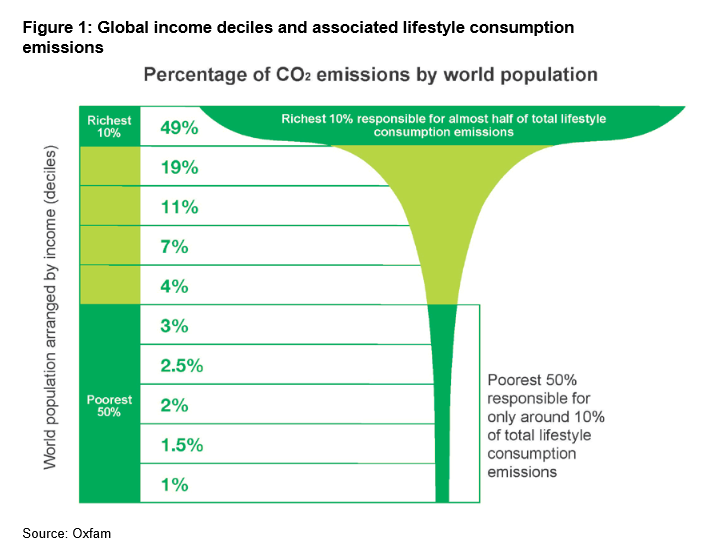4 unanswered questions at the Paris climate talks

Leaders from around the world have five days to reach an agreement on climate change in Paris. A draft negotiating text, which was four years in the making, was approved on Saturday.
The 48-page-long document holds over 900 points of disagreement, almost one for every party present. What are the key points of contention that need to be resolved this week?
How hot is too hot?
Many island nations are arguing that a goal of limiting global warming to 1.5C above pre-industrial levels is crucial to their survival, a limit which is now supported by 106 countries. Other countries are pushing for a higher limit set at 2 degrees, while a few have suggested something “well below 2 degrees”. Regardless of the final temperature, damage to some small island nations is already causing them to contemplate evacuation. Even at a limit of 2 degrees, some major metropolitan areas such as London, Shanghai and Mumbai would be at significant risk of permanent flooding.
Who will pay?
Rising sea levels will also continue to cause irreversible “loss and damage”, which island nations have said should be compensated for. Richer countries have already agreed to a $100 billion fund to be available by 2020, but questions remain about how binding it will be.
There is also still concern among poor countries that the talks would attempt to limit their growth in the name of protecting the environment, which some negotiators said would be unacceptable. A recent Oxfam report suggests that developing nations create far few emissions per capita than their developed counterparts.
How will the agreement be enforced?
Some nations, such as France and China, are seeking to make the agreement completely legally binding. Last Tuesday President Obama also expressed support for “parts” of the agreement to be legally binding. “Although the targets themselves may not have the force of treaties, the process, the procedures that ensure transparency and periodic reviews, that needs to be legally binding. And that’s going to be critical in us having high ambitions and holding each other accountable,” Obama told reporters in Paris. Cuts in CO2 emissions are voluntary in the current draft of the agreement.
Obama’s call for a legally binding periodic review of emissions reductions targets is another place where nations are yet to agree. Within the next five years, it is estimated that advances in technology and a growing renewable energy market will help make cuts more achievable, with the falling cost of wind and solar power helping to win reluctant nations over. In order to make the most of this progress, though, it would be necessary to have regular reviews of the agreement.
What will an agreement look like?
With so many points of view, it is unlikely that everything will be resolved in Paris this week. Ban Ki-moon, United Nations Secretary-General, has remained optimistic:
There is no perfect agreement. But our goal is clear: an agreement that truly addresses climate change, and puts the world on track for long-term prosperity, stability and peace. That is what the days ahead in Paris can and must deliver.
Author: Donald Armbrecht is a freelance writer and a social media producer.
Image: Splinters of ice peel off from one of the sides of the Perito Moreno glacier in a process of a unexpected rupture during the southern hemisphere’s winter months, near the city of El Calafate in the Patagonian province of Santa Cruz, southern Argentina. REUTERS/Andres Forza
Don't miss any update on this topic
Create a free account and access your personalized content collection with our latest publications and analyses.
License and Republishing
World Economic Forum articles may be republished in accordance with the Creative Commons Attribution-NonCommercial-NoDerivatives 4.0 International Public License, and in accordance with our Terms of Use.
The views expressed in this article are those of the author alone and not the World Economic Forum.
Forum Stories newsletter
Bringing you weekly curated insights and analysis on the global issues that matter.

